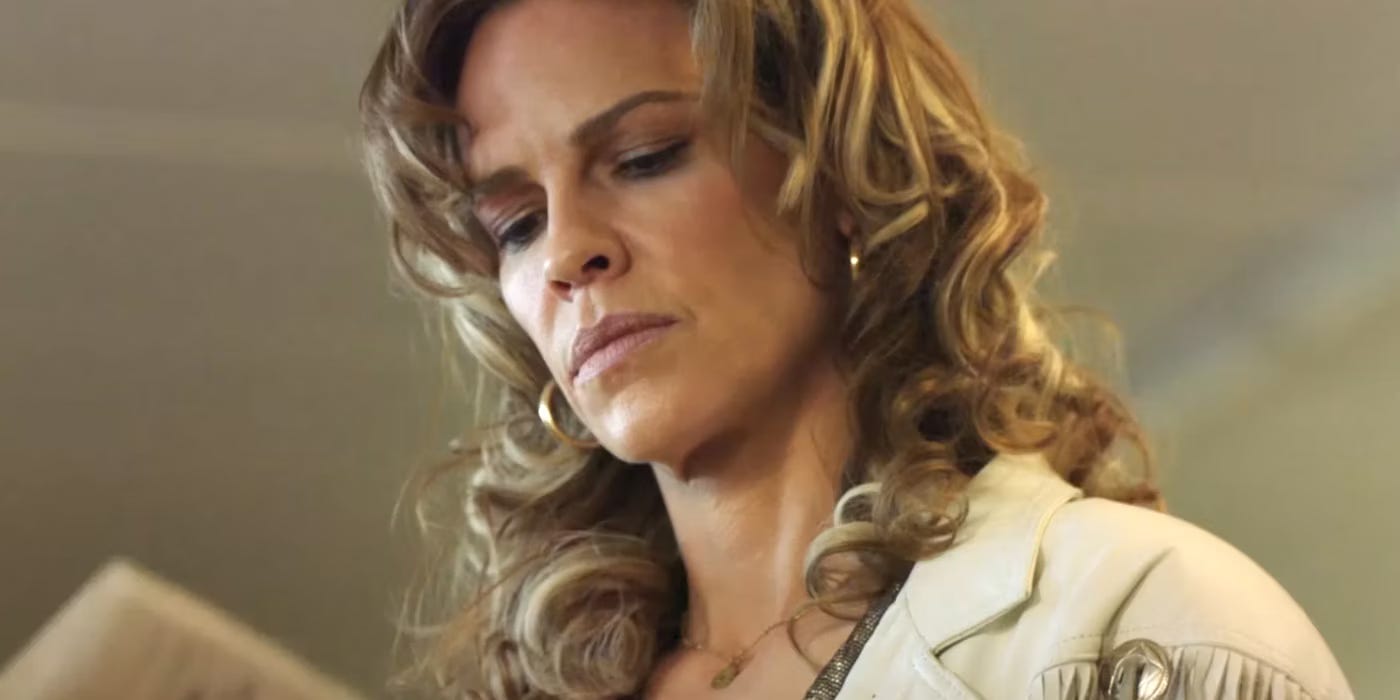Friday new releases: 15 March 2024
The Convert, Ordinary Angels and Goodbye Julia are in cinemas, To Kill a Tiger is on Netflix
A film doesn’t have to be brilliant if it finds its moment and Lee Tamahori’s The Convert has landed successfully on its.
By which I mean, the filmmakers may not have realised (way back at the beginning of the development process) how important this story was going to be, at this point in our national political development, but it is and I hope all the right people get to see it and learn its lesson.
They probably won’t, mind you. That’s also a symptom of the times.
We are in Aotearoa in 1830. There are less than 2,000 European settlers and Māori likely numbered 100 times that number. The settlers continued presence is therefore entirely at their pleasure. At the same time, tribes are busily adopting new technologies of warfare in order to prosecute their own disputes and feuds.
In the film, a fictional settlement of Epworth has been established on prime beachfront property in the Far North. The land they are building on is rented from the local iwi, led by Chief Maianui (Antonio Te Maiaha). Maianui is, himself, under threat from Chief Akatārawa (Lawrence Makaore) who is determined to conquer their lands and kill or enslave their people.
Into this tense situation arrives Epworth’s new preacher, Munroe (Guy Pearce), a man who is escaping his own warlike past. And trader Kedgley (Dean O’Gorman) is selling muskets to both sides, the prevailing strategy of the time being that Māori fighting among themselves hastens their inevitable demise.
Maianui entrusts his daughter Rangimai (Tioreore Ngatai-Melbourne), widowed thanks to Akatārawa, to Munroe in order that she get an education in the ways of these pākehā. She, however, never loses sight of the possibility of revenge.
As contemporary political forces attempt to undermine the Treaty that gives this nation its right to exist, it’s good to have a drama that sets out the context for that treaty and makes clear that in the first half of the 189th century, it literally was a license to occupy, a license issued by the owners of the land on terms that were acceptable to them.
I know, I’m making a complex history far too simple, but we haven’t had this particular chapter represented on screen before now and it’s important.
The film itself is pretty good one its own terms. Pearce is particularly fine, as you might expect, but everyone does a sterling job and Ngatai-Melbourne looks to be a star in the making.
A great deal of effort has gone into the authentic representation of Māori at peace and at war, but the impact is slightly reduced by the clearly digital blood spatters in the battle scenes.
Along with films aimed at specific ethnic and cultural groups, faith-based movies are keeping cinemas going at the moment.
This week’s entry is a heartwarming true story of triumph over adversity called Ordinary Angels in which an alcoholic hairdresser (Hilary Swank) takes on the unlikely challenge of fundraising to save the life of a five-year-old girl who has a rare liver disease.
The child’s mother is taken by the same affliction at the beginning of the film, leaving the bereft family in the care of broken-hearted widower Ed (Alan Ritchson). He can’t make a dent in their debts, is too proud to accept help, and is openly questioning whether everyone’s prayers are worth anything – an attitude that you can bet will get turned around by the end.




